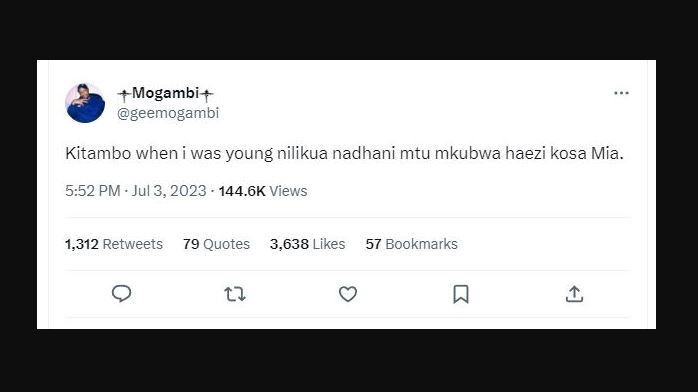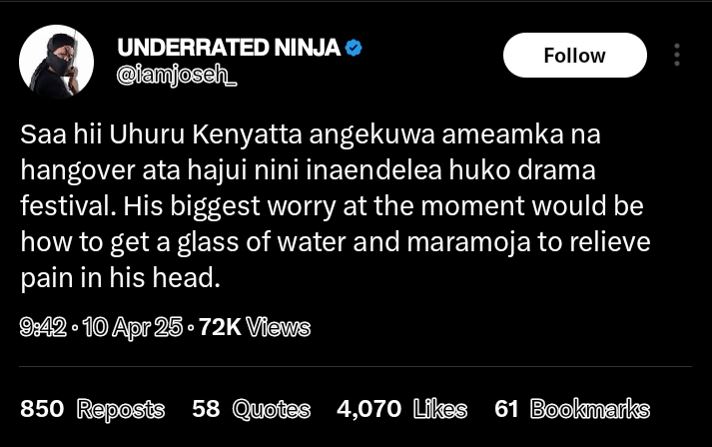 Cleophas Malala, the Secretary-General of the United Democratic Alliance (UDA), has set the record straight on his role in Cabinet meetings.
Cleophas Malala, the Secretary-General of the United Democratic Alliance (UDA), has set the record straight on his role in Cabinet meetings.
Malala defended President William Ruto’s decision to allow him to participate in Cabinet meetings, saying he serves only as an advisor to the president and not as a Cabinet Secretary.
“I want to make one thing clear, the president has not added an extra ministry. What he has done is he has ensured that when he is making crucial deliberations that concern Kenyans, he has his advisors there to help him,” said Malala during an interview wit Spice FM on Wednesday.
Noting that he does not get paid to attend the meetings, Malala insisted that Ruto is well within his right to have his advisors sit in Cabinet meetings.
“I attend cabinet meetings as the secretary general of UDA. I don’t get paid by the government to attend cabinet meetings; I am paid by UDA. My party pays me through the political parties fund. I do not get paid allowances; I earn a salary,” Malala said.
“I am coming there to advise him on matters politics and to make sure that the manifesto on which we were elected is being implemented by the Cabinet Secretaries because at the end of the day, in 2027 we shall go back to the people and they will ask us to be accountable for our five years in government,” Malala explained.
According to Malala, by attending the meetings, Cabinet Secretaries will be held accountable for fulfilling the commitments made by Kenya Kwanza to the Kenyan people.
“Every person included in the meeting plays a crucial role in governance. I represent Kenya Kwanza, I will advise the president as my party leader then it is up to him as the head to advise and lead the Cabinet in making decisions in line with our mandate,” he said.
Malala also acknowledged that there needs to be an amendment to the law that allows the president’s advisors in Cabinet meetings.
“Since this is the first time this has been adopted, I agree clarity is needed. Someone has gone to court to get an interpretation of this and through that judgment, we will be able to build a jurisprudence which will provide better ways of handling and delivering to Kenyans.”








